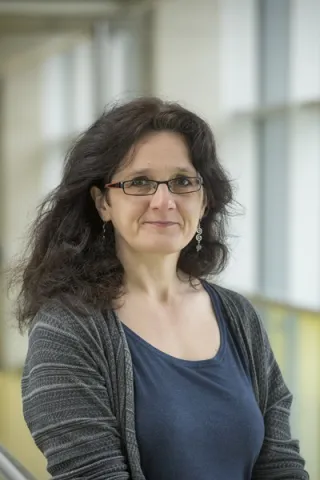About the project
Drawing on an interdisciplinary resilience perspective, this project uses biographical interviews, discourse analysis and social network mapping to understand elasticity and brittleness in social networks of gay men and how, underpinned by a shift to online communities, networks of older gay men have changed over time with implications for wellbeing.
Studies globally report that older gay men have poorer mental health and wellbeing, including higher rates of depression, loneliness and suicide compared to their heterosexual counterparts. According to minority stress theory, poorer mental health and wellbeing in older gay men can be explained by the experience of living through difficult social situations as part of a marginalised group vulnerable to discrimination, which creates multiple stigma-related stressors that accumulate over time.
This project will explore changes in social networks, dominant discourses, and communities over time to enhance our understanding of elasticity and brittleness in the social networks of gay men. Analyses will aim to identify how the shift to online communities influences resilience in social networks, and shapes wellbeing in gay men.
The project will recruit older gay men and use biographical qualitative interviews, discourse analysis and social network mapping to reconstruct changes in the communities of gay men over time. A purposive sampling approach will be used to recruit older gay men from urban and rural areas in North and South England.
The development of theory to enhance our understanding of how the shift to online communities influences resilience in social networks could inform social change to improve the wellbeing of gay men.
Applicants will benefit from extensive experience and research methods expertise of the multidisciplinary teams in the Ageing & Dementia and Health Work Research Groups in the School of Health Sciences; team members have backgrounds in, anthropology, medical sociology, sociology, psychology and economics.

